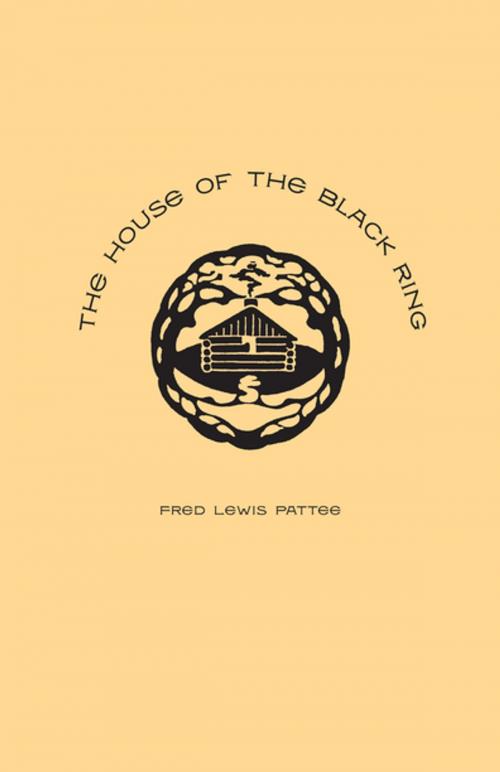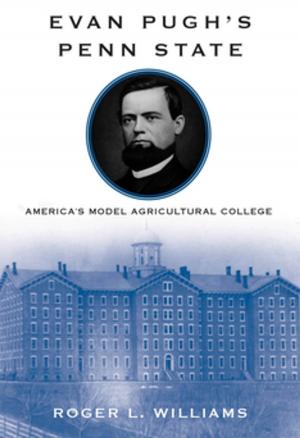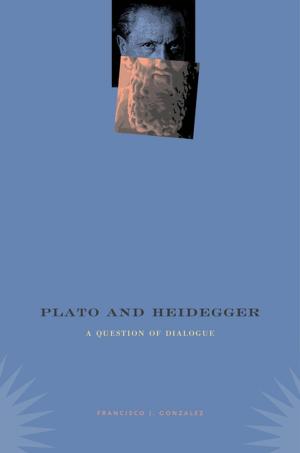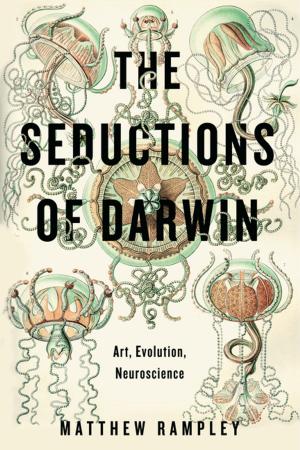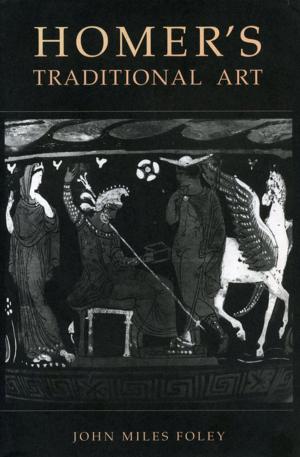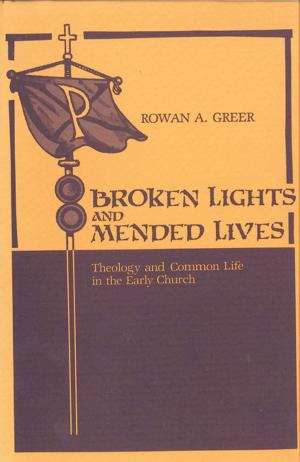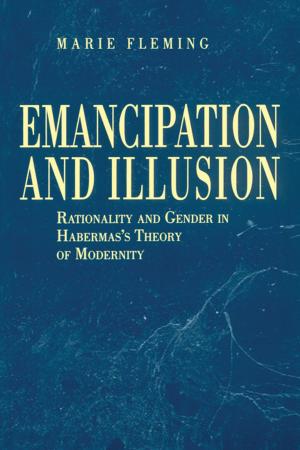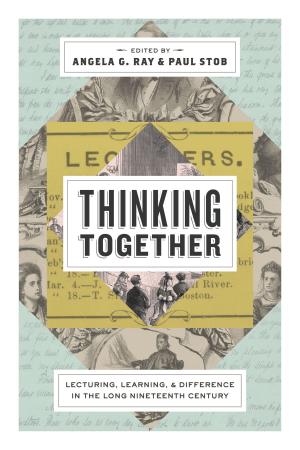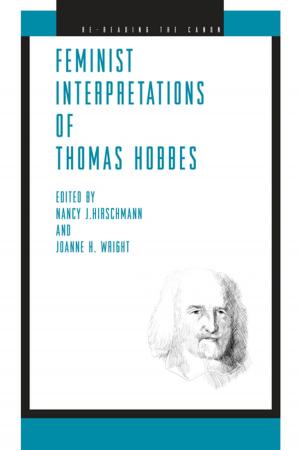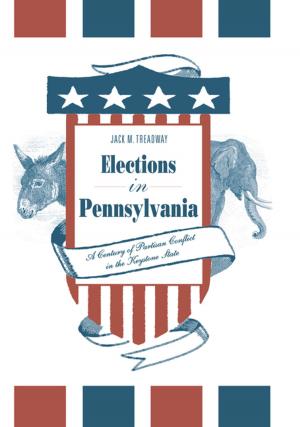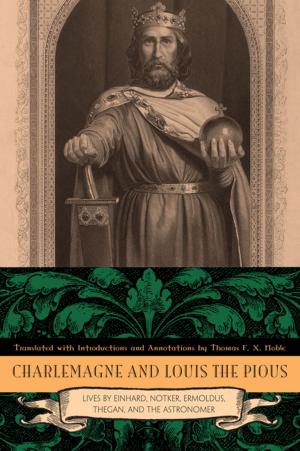The House of the Black Ring
A Romance of the Seven Mountains
Fiction & Literature, Literary Theory & Criticism, American, Nonfiction, History, Americas, United States, Classics| Author: | Fred Lewis Pattee, Joshua R. Brown | ISBN: | 9780271068763 |
| Publisher: | Penn State University Press | Publication: | June 28, 2012 |
| Imprint: | Penn State University Press | Language: | English |
| Author: | Fred Lewis Pattee, Joshua R. Brown |
| ISBN: | 9780271068763 |
| Publisher: | Penn State University Press |
| Publication: | June 28, 2012 |
| Imprint: | Penn State University Press |
| Language: | English |
Fred Lewis Pattee, long regarded as the father of American literary study, also wrote fiction. Originally published in 1905 by Henry Holt, The House of the Black Ring was Pattee’s second novel—a local-color romance set in the mountains of Central Pennsylvania. The book’s plot is driven by family feud, forbidden love, and a touch of the supernatural. This new edition makes this novel accessible to new generations of modern-day readers. General readers will find in The House of the Black Ring a thriller that preserves details of rural life and language during the late nineteenth century. Scholars will read it as an expression of cultural anxiety and change in the decades after the Civil War.
An introduction by poet and essayist Julia Spicher Kasdorf situates the novel within the context of social and literary history, as well as Pattee’s own biography, and provides a compelling argument for its importance, not only as a literary artifact or record of local customs, but also as a reflection of Pattee’s own story intertwined with the history of Penn State at the turn of the twentieth century. Joshua Brown draws on his expertise in Pennsylvania German ethno-linguistics to interpret the dialect writing and to give readers a clearer view of the customs and regionalisms depicted in the book.
Fred Lewis Pattee, long regarded as the father of American literary study, also wrote fiction. Originally published in 1905 by Henry Holt, The House of the Black Ring was Pattee’s second novel—a local-color romance set in the mountains of Central Pennsylvania. The book’s plot is driven by family feud, forbidden love, and a touch of the supernatural. This new edition makes this novel accessible to new generations of modern-day readers. General readers will find in The House of the Black Ring a thriller that preserves details of rural life and language during the late nineteenth century. Scholars will read it as an expression of cultural anxiety and change in the decades after the Civil War.
An introduction by poet and essayist Julia Spicher Kasdorf situates the novel within the context of social and literary history, as well as Pattee’s own biography, and provides a compelling argument for its importance, not only as a literary artifact or record of local customs, but also as a reflection of Pattee’s own story intertwined with the history of Penn State at the turn of the twentieth century. Joshua Brown draws on his expertise in Pennsylvania German ethno-linguistics to interpret the dialect writing and to give readers a clearer view of the customs and regionalisms depicted in the book.
